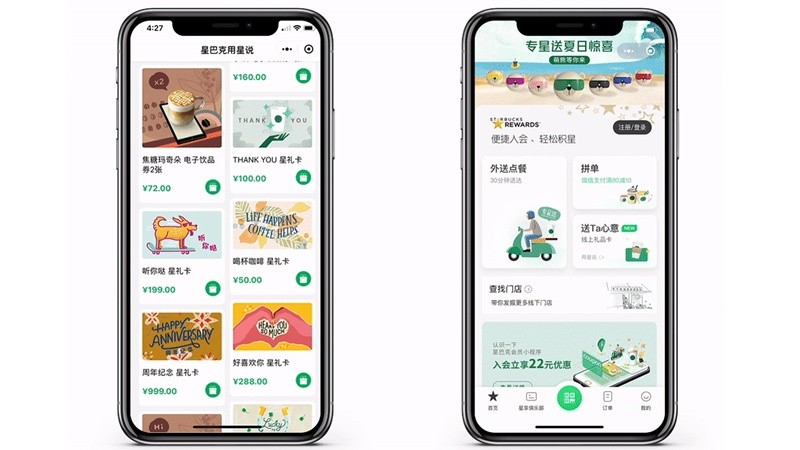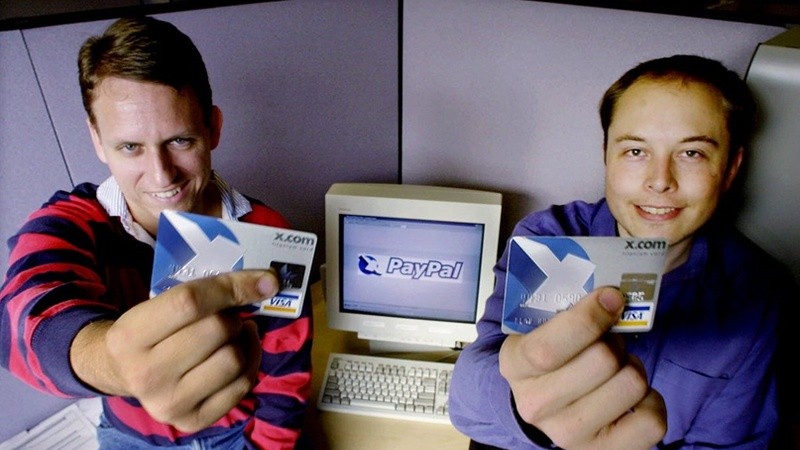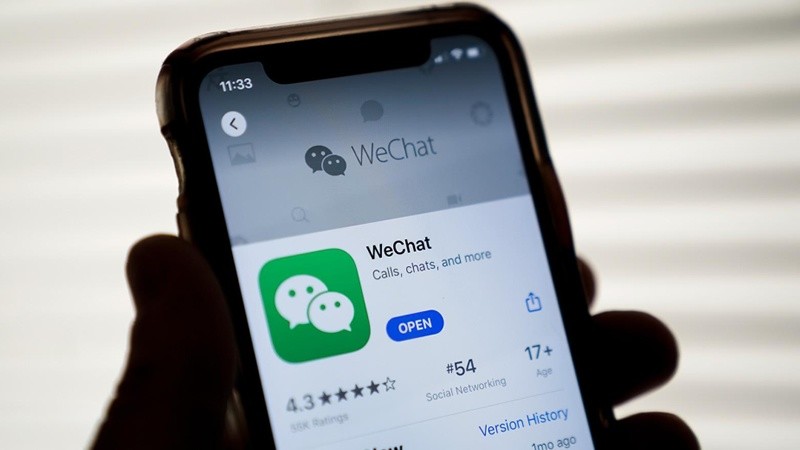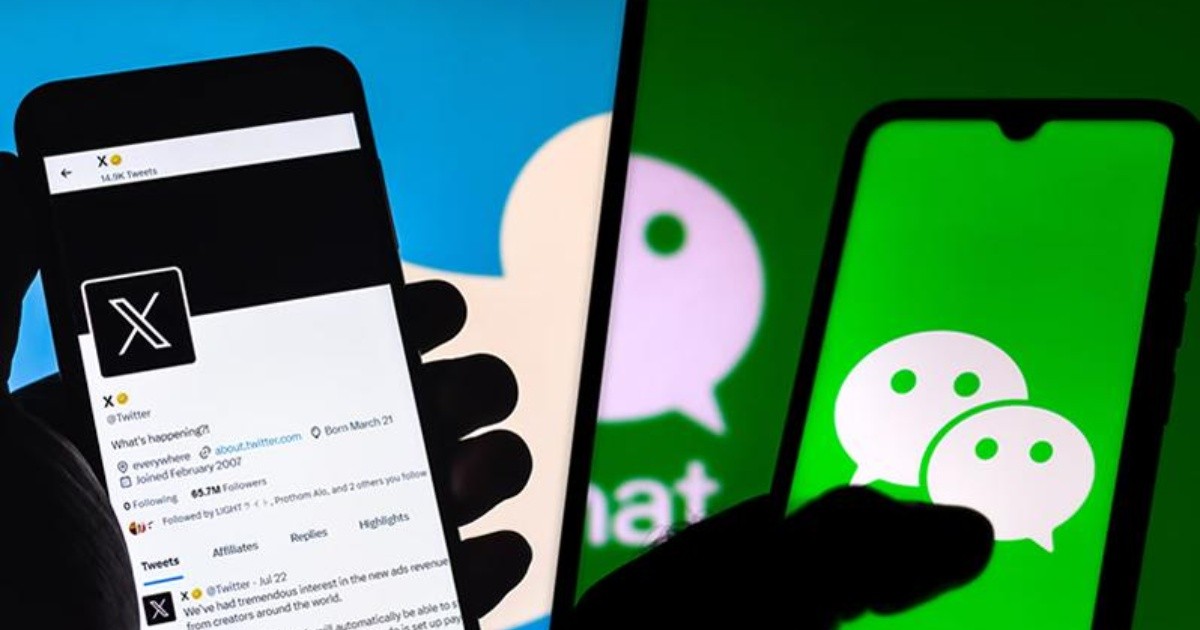“Buying Twitter is an accelerator for making ��, an app for everything,” South African tycoon Elon Musk tweeted in early October 2022, just days earlier. disbursed 44 billion rupiah for the acquisition of the small bird application. Despite Musk’s curiosity at the letter X, not many stop to analyze in detail what he means “app for everything”. At that time, attention was drawn to another controversial statement in which he anticipated layoffs of up to 75% of the social network’s staff.
After leading his new company, his first step was to ditch the jobs of four top executives, including Parag Agrawal, who until then was CEO and with whom he always had a strained and conflicted relationship, went so far as to respond to a tweet from Agrawal with a poop emoji. While other managers decided to leave on their own terms, 80% of company staff did not have a choice and thousands of employees were laid off in the following weeks. Musk has reduced Twitter’s workforce, from nearly 8,000 members, to around 1,500.
Starting in April, the tech entrepreneur kicked off another batch of changes, this time for users. One of the first steps he implemented was removal of the blue tick on all verified accounts with less than a million followers. Now, to get a verification badge, all you have to do is subscribe to Twitter Blue (now �� Premium), the paid version of the platform, which for $8 per month offers a series of benefits to its subscribers, such as publishing longer texts and videos, tweeting right, viewing fewer ads and have a wider reach when posting content.
Rebranding Twitter to ��, part of Elon Musk’s ambitious plan
July 24th Musk definitively buried the little blue bird emblem and Twitter officially adopted the name “��”. The sudden rebranding was harshly criticized, especially by marketing pundits, who watched in amazement as the Space X founder dumped more than a decade of brand equity. The reason is, even though it only has 350 million active users per month, the social network that used to be named Twitter is not even in the top 10 most popular. However, its influence on society and culture makes it a very relevant platform on a global level.
But Elon imagined the future where “��, the app for everything” practically everywhere. On more than one occasion, he stressed the importance of having a WeChat-style super app, which is owned by Chinese multimedia conglomerate Tencent Holdings, one of the world’s largest corporations. WeChat has more than 1.2 billion active users in China alone, and it’s the biggest messaging platform, social network, and virtual wallet, all in one app. “Basically in China you live on WeChat, because it’s very useful for everyday life. If we can get him back with Twitter, we’ll be very successful,” Musk said on more than one occasion.
“I always say that it’s like a Swiss army knife from a Chinese app”, shared with Pablo Giustetto rosary3. Pablo is from Rosario and He came to China about ten years ago on a scholarship to study and improve the language, because I have studied Chinese before. “Then I got another scholarship and did a master’s degree in International Business Administration and Commerce, and I ended up still working,” he explains. Currently, Pablo lives in Chongqing (重庆), a city of nearly 34 million people, where in addition to being a university professor, he also runs an international trade business.

WeChat, a Swiss army knife from a Chinese app
Pablo has been a direct witness to the digitization of Chinese society in the last decade. ”When I arrived, the online buying and virtual payment problems had just occurred. The use of Home Banking, for example, is still in its infancy. And it grew until it became massive. A lot of people are starting to have access to a bank account, which is something simple, and then, to make purchases online. Then virtual wallets were born, and hand in hand, in the same vein, communication applications”, he explained.
“WeChat started as a simple app, sort of like WhatsApp, and eventually became a mainstream app. which in China is used for literally everything”, explained Pablo. “From listening to music, reading books, sharing content, creating videos, social networking… But WeChat also has a kind of mini program, where each company can launch their own in the WeChat ecosystem. Then you can buy tickets to watch movies in the mini program at the cinema, call a taxi or order from the supermarket, for example.”
WeChat is unmatched by any Western app, because besides combining different platforms and services, it is also a virtual wallet where you can pay for everything. “By connecting my bank account, I can pay for electricity, taxes, order and pay for tickets, send and receive money, order food or buy anything,” Pablo explains. “This is very useful in everyday life, because people don’t use cash and everything is handled by WeChat is present 90% daily. This is possible because China is already a really cashless, totally cashless society. Everything is paid with a virtual wallet, either WeChat or AliPay.”

In 2000, Elon Musk and Peter Thiel held x.com credit cards
It is this centralization of transactions that is so attractive to Elon Musk, who believes that if done right “�� can monopolize half of the global financial system.” Somehow the tycoon attempted to realize his original project which was cut short in 1999, when he launched the online bank x.com. At that time, he wanted to turn his website into a comprehensive platform covering all financial needs, from online banking, credit card payments, and money transfers via email. In 2020, he joined Confinity, another company that had created a payment system called PayPal, which was acquired by eBay in 2002 for $1.5 billion.
However, Musk’s ambitious plans may run into a series of obstacles, the main of which is. from them that the West is – at least for now – very different from China. In the other hand, not only facing free competition from other companies with extensive experience in the world of electronic payments such as Visa, MasterCard, Apple and Google. Also against direct technology rivals like Meta, which already offers payments via WhatsApp in India and Brazil and is about to roll out the same service in the United States, Mexico and the United Kingdom.
Besides that, WeChat has become the center of the modern Chinese lifestyle, not only as a super-app for citizens, but especially for the PCC, which has found in this platform a powerful tool for strengthening state surveillance and control over the population. Under the direction of the Beijing government, the internet and messaging services employ sophisticated censorship mechanisms to monitor and detect anti-regime information and content, using artificial intelligence algorithms and teams of thousands of people.

WeChat in China is more than just a social network
In particular, WeChat also plays an important role in the social credit system used by the CCP evaluating and classifying citizens between “good” and “bad” according to certain behaviors, a practice that clearly violates the most basic human rights and is a cruel example of digital authoritarianism.
Fortunately, in this part of the world, approaches focused on protecting individual rights and citizens’ privacy still prevail, to a greater or lesser extent. While the idea of turning �� into an amalgamation of ubiquitous and versatile services may appeal to Musk, the WeChat-inspired single-platform model should tackle the toughest challenges: adoption by users who value freedom of choice.

“Entrepreneur. Internet fanatic. Certified zombie scholar. Friendly troublemaker. Bacon expert.”







